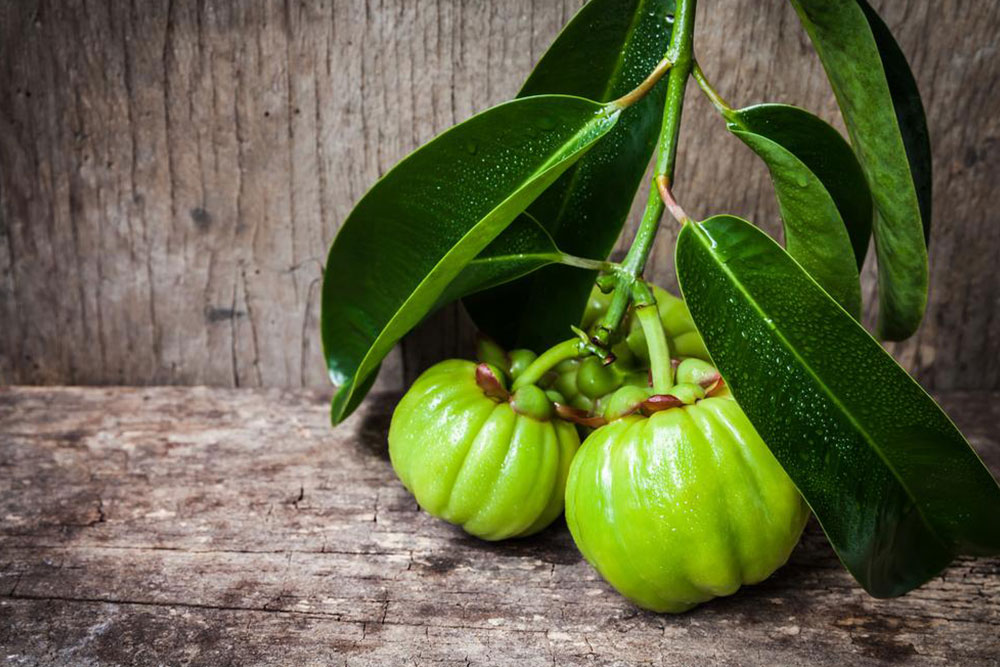Garcinia Cambogia: Key Facts for Wellness and Weight Control
Garcinia Cambogia is a tropical fruit popular for weight management and culinary uses. Known for its potential to promote fat loss, it also presents risks like liver toxicity. Cultivated mainly in Southeast Asia and Africa, the fruit’s extracts are widely available in supplements. While it offers health benefits such as increased satiety and immunity boost, responsible usage and medical consultation are crucial to avoid adverse effects. Its role in traditional and modern applications continues to be studied, emphasizing the importance of informed consumption.

Garcinia Cambogia: Essential Insights for Health and Slimming
Garcinia cambogia is a tropical fruit that resembles a small pumpkin, with shades ranging from yellow to green. Also called Malabar Tamarind or Brindle berry, it has become popular for its potential to support weight loss efforts. Extracts from this fruit are now sold commercially as dietary supplements. Traditionally used across various cultures, garcinia cambogia has been associated with weight management but also carries risks like liver toxicity and other side effects.
The plant is mainly cultivated in Southeast countries like Indonesia, Cambodia, and Thailand, as well as in Indian coastal states such as Karnataka and Kerala. Its ripe fruits tend to be yellow, while unripe ones are green. Wild populations grow in Central Africa. The plant prefers humid environments, as dry climates hinder growth. The dried rinds are often preserved in salt or dried for export, serving uses in weight loss supplements and culinary flavoring.
Besides its health applications, garcinia cambogia is used in cooking to add a sour flavor, often combined with tamarind. Whole dried fruits are also sold wholesale to vendors. Both scientific and traditional uses highlight its digestive and Ayurvedic benefits. Nonetheless, safety concerns and efficacy are still debated due to possible side effects.
Health Advantages and Risks
The fruit may aid weight loss by enhancing feelings of fullness, accelerating digestion, and boosting metabolic rate. It is a good source of vitamin C, which can help strengthen immunity and endurance. However, adverse effects such as gastrointestinal issues, dry mouth, dizziness, and potential liver damage have been linked to excessive consumption. It's important to consult healthcare professionals before using products containing garcinia cambogia, as they may include preservatives or chemicals affecting its natural properties.
While offering health benefits, overconsumption can lead to complications like fat accumulation or other health problems. Proper research and medical advice are essential before adding it to your health routine. The fruit contains minerals like calcium, iron, and phosphorus, but improper use can pose health risks, underscoring the importance of moderation and informed choices.
Disclaimer:
Our blog aims to offer valuable insights on various topics. However, this information should not replace professional medical advice. Readers are encouraged to verify details and seek guidance from healthcare providers before making significant changes to their diet or health routines. We may not include all current offers or details related to garcinia cambogia or similar products.


